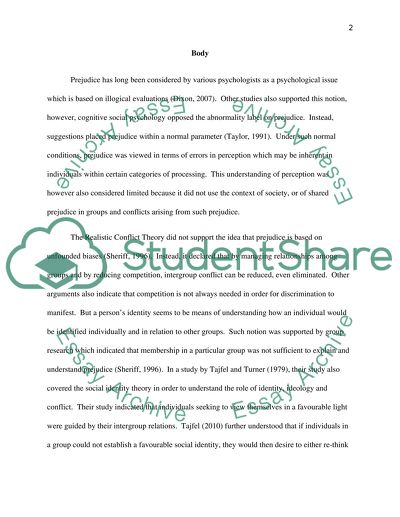Cite this document
(“'Social policies aimed at reducing prejudice and intergroup conflict Essay”, n.d.)
'Social policies aimed at reducing prejudice and intergroup conflict Essay. Retrieved from https://studentshare.org/psychology/1457343-ychsocial-policies-aimed-at-reducing-prejudice-and
'Social policies aimed at reducing prejudice and intergroup conflict Essay. Retrieved from https://studentshare.org/psychology/1457343-ychsocial-policies-aimed-at-reducing-prejudice-and
('Social Policies Aimed at Reducing Prejudice and Intergroup Conflict Essay)
'Social Policies Aimed at Reducing Prejudice and Intergroup Conflict Essay. https://studentshare.org/psychology/1457343-ychsocial-policies-aimed-at-reducing-prejudice-and.
'Social Policies Aimed at Reducing Prejudice and Intergroup Conflict Essay. https://studentshare.org/psychology/1457343-ychsocial-policies-aimed-at-reducing-prejudice-and.
“'Social Policies Aimed at Reducing Prejudice and Intergroup Conflict Essay”, n.d. https://studentshare.org/psychology/1457343-ychsocial-policies-aimed-at-reducing-prejudice-and.


